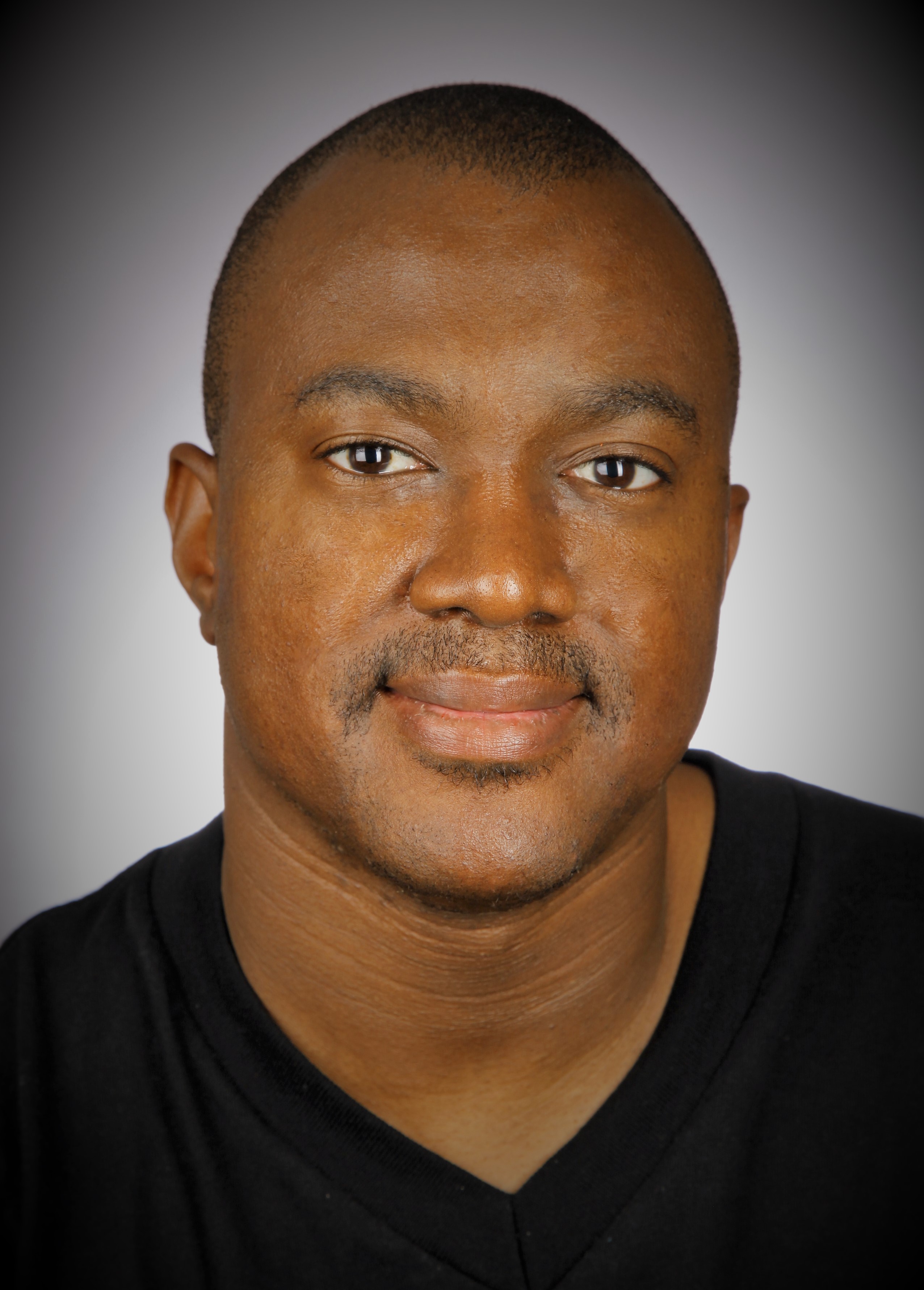By now, the Ray Rice-Roger Goodell outrage has seeped its way through almost every social crevice. The blame here appears to be allocated equally. Everyone argues their angle, while protesting uniquely. A significant number of online protesters targeted CoverGirl, and its NFL-affiliated campaign ads.
The top cosmetic brand proudly refers to itself as the “official beauty partner of the NFL,” and maintains ties with the League to promote its welfare. The recent CoverGirl campaign strives for female football fan appeal, declaring “Get Your Game Face On” as its slogan. The ad features models, made up in NFL team colors, with 32 different makeup looks (one for each team). It urges potential customers to “find your team’s official game face and fanicure, purchase products for every look, and more!” The campaign seemed an innocent commercial idea endorsing football season looks and game day spirit. But it quickly fueled a vehement response.
The protesters voiced their resentment toward the makeup company’s ad by altering the commercial image of a CoverGirl model. Several versions circulated throughout social media. The images, posted to Facebook and Twitter, showed the model wearing purple eye shadow and fingernail polish, in support of the Baltimore Ravens, and also sporting a vivid black eye. Instantly, it went viral. Anti-NFL hash-tags and messages were tacked on and helped to expand the protest. Some called for the resignation of NFL commissioner Roger Goodell, while others pleaded for a league boycott. Tweets such as Easy Breezy Cover up, #BoycottCoverGirl, #BoycottNFL, and #GoodellMustGo captioned the battered CoverGirl image.
Immediately after the protest scored viral trends, both the CoverGirl and the Proctor & Gamble (CoverGirl’s parent company) websites restricted availability, announcing brief “maintenance” problems Monday evening. By the time the websites reestablished access on Tuesday, their chain of NFL makeup models no longer included the Ravens’. CoverGirl also quickly tweeted out a reassurance of their repudiation for domestic violence, reaffirming CoverGirl “support for women and female empowerment.” The tweet guaranteed, “We believe domestic violence is unacceptable.” An ensuing Facebook post on the CoverGirl page also stated:
As a brand that has always supported women and stood for female empowerment, CoverGirl believes domestic violence is completely unacceptable. We developed our NFL program to celebrate the more than 80 million female football fans. In light of recent events, we have encouraged the NFL to take swift action on their path forward to address the issue of domestic violence.
Maybe the anger towards Goodell’s initial decision is well warranted, but condemning associated NFL sponsors strays too far from the issue at hand. Expecting every company affiliated with the NFL to simply sever all ties due to one poorly handled case would be too extreme. CoverGirl doesn't endorse Ray Rice, just the football league. Companies directly associated with Rice did cut ties. EA (the Madden NFL video game producer), cut Rice from the game’s roster. Nike terminated its contract with Rice, and removed his jersey from Nike.com. The closest connection CoverGirl made to Rice involved a representation of his team colors—hardly support of his personal actions.
Does the altered image deliver the relevant message? As Fox Journalist Rebecca Tate noted, “We’re not actually looking at the issue, we’re just looking at the sensationalism of it.” Nowhere in CoverGirl’s campaign could I see an endorsement of domestic violence, Rice’s actions, or even the decision regarding his punishment. The bruised-woman image generates something powerful and representative, but “boycotting CoverGirl” doesn’t really solve the greater problem. Should we be more concerned with domestic violence as a whole, or just the NFL’s handling of it?

































0 comments:
Post a Comment